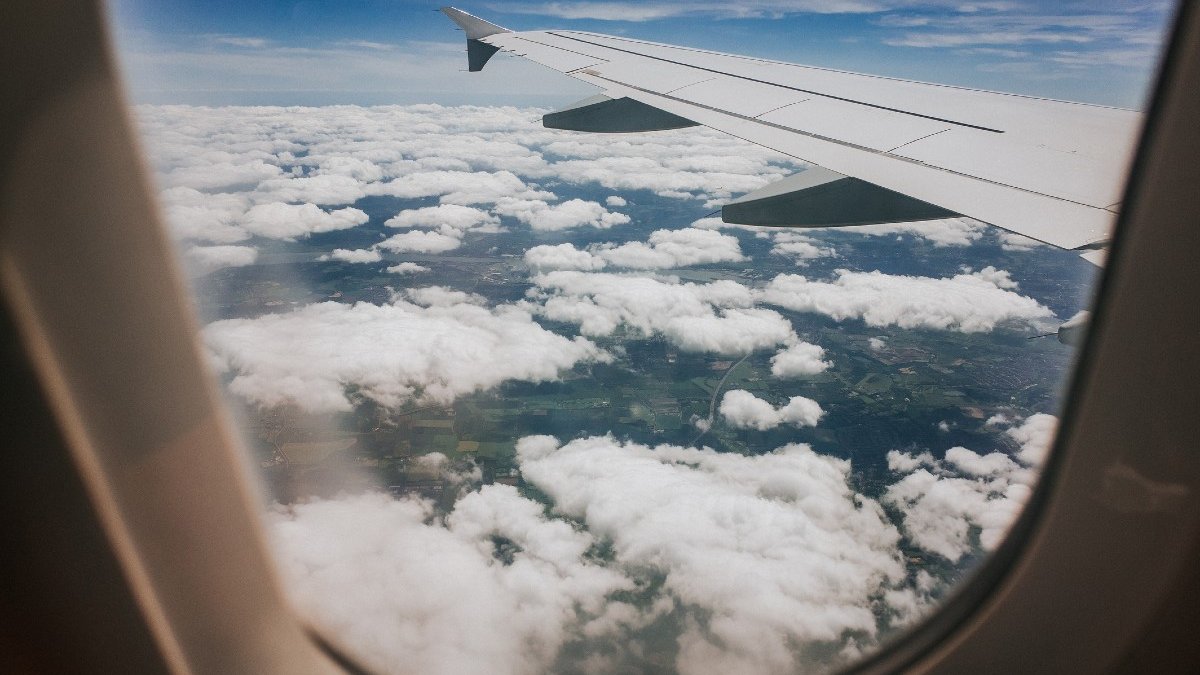New research shows that airports report their decarbonisation plans remain intact despite Covid-19 impacts
A study by researchers at the University of Surrey and Heathrow Airport has shown that the disruption to airport operators caused by Covid-19 is not expected to substantially upset their long-term plans to reduce the carbon emissions from airports.

According to the study published in Sustainability, most airport operators participating said they are staying on track to deliver their environmental sustainability goals like achieving net-zero by 2050, despite Covid-19 disruption delaying implementation plans.
However, airports reported some interventions being delayed in the short-term and raised concerns around the uncertainty of recovery. This is particularly relevant as the majority reported that they would seek to deliver interventions predominantly with internal funds. Airport operators did report rethinking funding options in the light of internal financial restrictions because of Covid-19 and highlighted a new openness towards partnership working on sustainability projects.
While the research shows tackling carbon emissions remains a priority for the airports interviewed, balancing this with competing priorities such as maintaining business continuity and ensuring recovery from the pandemic will be challenging. Airport operators reported that they need support to achieve net-zero. They will have to work collaboratively with other aviation stakeholders like airlines and will require government support to stimulate the development of a sustainable, resilient, low‐carbon aviation system, for example, through mandating the use of sustainable aviation fuels.
Airport operators shared steps they have already taken to reduce carbon emissions, including purchasing renewable energy and providing fixed-electric ground power, which avoids aircraft burning fuel when standing at gates.
To reduce emissions, the most common initiatives planned by airport operators for implementation before 2030 were installing more on-site renewables, using more electric vehicles and installing charging points. When asked about approaches to reach net zero, respondents said they were unlikely to rely on carbon removal, perhaps due to the lack of consensus on how best to use technologies like carbon capture. Given the lack of government guidance on this issue, the sector needs to come together to determine how best to use removals technologies in their net-zero strategies.
The team conducted the research during the second wave of the Covid-19 pandemic in autumn 2020 before vaccination programmes started. They shared an online questionnaire and conducted semi-structured interviews with the sustainability officers at airport operators in Europe, North America and Asia-Pacific, with most responses from European operators. Although the sample size means statistical generalisation is not possible, the results can be considered meaningful, particularly for Europe, given that the airport operators responding to the study represented three fifths (60%) of pre‐Covid‐19 European passenger numbers.
Professor Richard Murphy at the University of Surrey's Centre for Environment and Sustainability, said:
"Airport operators are showing a clear desire to build back better after Covid-19, with resources and partnerships key to tackling the big issues of climate change and the delivery of sustainable futures. This research is a fine example of multi-disciplinary collaboration through our Practitioner Doctorate in Sustainability (PDS) programme between Surrey's Centre for Environment & Sustainability (CES) and our Department of Civil and Environmental Engineering (CEE), in close partnership with Heathrow Airport. This collaboration and the excellent research of Pete Hemmings, our PDS postgraduate research student, reveals the sector maintaining a strong focus on investing in sustainability initiatives so that delays due to Covid-19 don't jeopardise critical net-zero ambitions."
Matt Prescott, Head of Climate Strategy and Innovation at Heathrow Airport, said:
"This insightful research underlines the value of industry-academic partnerships in helping to drive forward the aviation decarbonisation agenda. It highlights the ever-growing sophistication exhibited by airport operators in tackling carbon in spite of Covid-19."
___
Read the full paper at https://doi.org/10.3390/su132112235
Media Contacts
External Communications and PR team
Phone: +44 (0)1483 684380 / 688914 / 684378
Email: mediarelations@surrey.ac.uk
Out of hours: +44 (0)7773 479911
